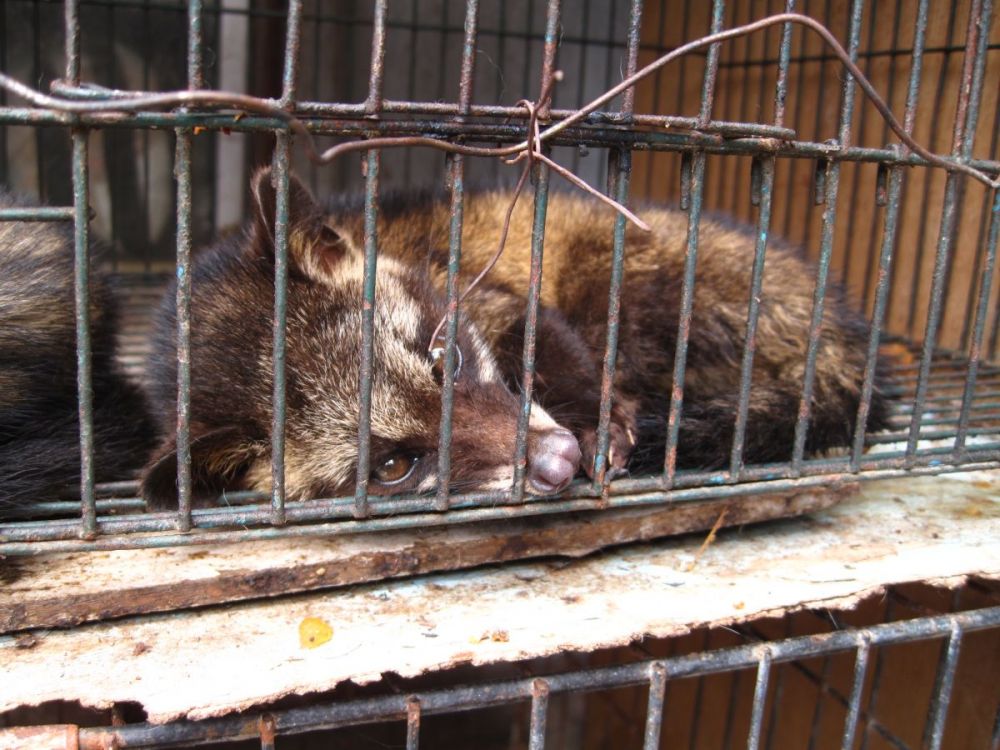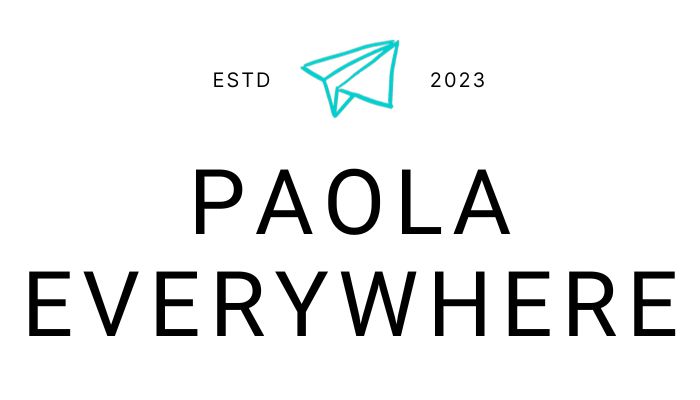Kopi Luwak is the most expensive coffee in the world, produced by Southeast Asian civets, which excrete the coffee beans. Instead of being discarded, the beans are appreciated for their unique flavour and rich, chocolatey aroma. I tried it in Vietnam but later discovered its production was unsustainable. In this article, I will explain why I advise against purchasing it.
Table of Contents
About Kopi Luwak coffee
Kopi Luwak is known as the most expensive coffee in the world because a cup of it costs more than a meal in a restaurant. The coffee is mainly produced in Indonesia and Vietnam, where civets live, eat, digest, and defecate the coffee beans that end up in our cups.
Coffee lovers consider Civet coffee excellent because these animals are experts in selecting the best coffee berries in the wild. Moreover, some acidity is removed from the coffee beans during their digestive process. It leaves them clean of all the berry pulp, unlike traditional processing, where some berry pulp remains attached to the bean. The result of defecation and subsequent roasting is a coffee with a unique, full-bodied, and chocolatey aroma.
The name Kopi Luwak is derived from the Indonesian words kopi, meaning coffee, and luwak, meaning the local name for the civet. In Vietnam, however, it is known as cà phê cầy.
History of Kopi Luwak
Kopi Luwak coffee originated during Dutch colonial rule. Authorities banned Indonesian farmers from cultivating coffee berries for personal consumption. Therefore, the farmers had to search for leftover berries and beans from production to drink coffee. They discovered and appreciated the high-quality coffee beans already cleaned and defecated by the civets, priding themselves on the unique taste of their coffee.
Tony Wild, director of Taylors of Harrogate in the 1990s, was impressed by the defecated coffee and introduced it to the West. Today, you can find Kopi Luwak on the shelves of top delicatessens. Due to high demand, its production has expanded to China, Vietnam, Cambodia, and the Philippines. Today, in Indonesia and Vietnam, locals offer civet coffee to tourists as a prohibitively expensive local delicacy.
How to prepare Kopi Luwak
If you have purchased or received Kopi Luwak coffee as a gift, you can prepare it using the same method as any other coffee variety. Whether you have an espresso machine, an American coffee machine, or a Moka, you can use them to make this coffee. However, online experts recommend not mixing it with milk and drinking it pure.
How much Kopi Luwak costs
Kopi Luwak coffee is one of the most expensive coffee in the world, with its price ranging from $300 to $1,300 per kilo. I remember paying about $20 for a cup of this coffee in the early 2000s. According to my recent online research, the current price for a cup of civet coffee ranges between $35 and $80.
The condition of the civets bred for coffee
Drinking the world’s most expensive coffee can be a bizarre and unique experience. However, this luxury coffee comes at a significant cost to the animals involved in its production. The civets, small mammals found in Southeast Asia, are exploited by farmers to produce this coffee. Unfortunately, many civets are kept in captivity, causing them great suffering.
Civets are shy, solitary, and nocturnal creatures that do not feed solely on coffee berries. Feeding them coffee permanently damages their health. Although Indonesia has a law that civets must be released after three years, many of them die during captivity. Those that are released have poor health due to their coffee-only diet and often die shortly after.
Civets on intensive farms live in similar conditions to chickens in battery cages. These animals are the Asian equivalent of European foie gras geese, forced to gorge themselves to produce food for human consumption.
Initiatives against the exploitation of civets
After discovering the treatment of civets, Tony Wild launched the Cut the Crap campaign in 2013 to abandon Kopi Luwak production. On the other hand, the department store Harrods had temporarily withdrawn it from its shelves and changed suppliers.
Unfortunately, despite these initiatives, the civets bred for Kopi Luwak production continue to live in appalling conditions. They are kept in cages and fed only on coffee berries while free feeding on fruit, insects and small reptiles. These animals are also often made available to tourists who want to interact with them during farm visits.

Kopi Luwak: a tourist trap
During my first trip to Vietnam, I was eager to try cà phê cầy. I wanted to try it after watching the movie The Bucket List. However, I was unaware of the civets’ conditions. Despite all the hype surrounding Kopi Luwak, I found the civet coffee too bitter and sour.
Vietnamese and Indonesian coffee producers claim that coffee made from civet poo tastes the best in the world. Free-ranging civets are generally gourmets, and they choose only the best coffee berries, just as we choose the coffee bar with the best blend.
Civet breeding has resulted in a lower quality of coffee. The civets can no longer choose the best berries as they are confined in cages and forced to eat whatever their breeders offer them.
Moreover, much of the coffee sold as Kopi Luwak in tourist areas is fake, and you can guess this yourself from the selling price. If it is too cheap, it is definitely not authentic civet coffee.
However, the main reason to avoid Kopi Luwak remains the exploitation of the civets. They are locked up in cages and forced to eat only coffee berries. Several similar-tasting fermented coffees on the market, such as Cultured Coffee, do not involve exploitation. Consider these as an alternative.
The impact of our choices when travelling
Travelling is a great way to learn about different cultures and traditions. However, in recent years, I have started to consider the impact of my travel choices on the environment and local communities.
There is no way to distinguish between authentic Kopi Luwak coffee produced by wild civets and coffee from caged animals. When in Indonesia or Vietnam, choose traditional Vietnamese coffee or typical Indonesian kop turbruk, prepared without harming animals.
Before discovering the reality behind the Kopi Luwak, I had never thought about the impact of food on sustainability while travelling. But now, I am much more conscious of my choices. If you have tasted civet coffee or had a similar experience, feel free to share your thoughts in the comments.
